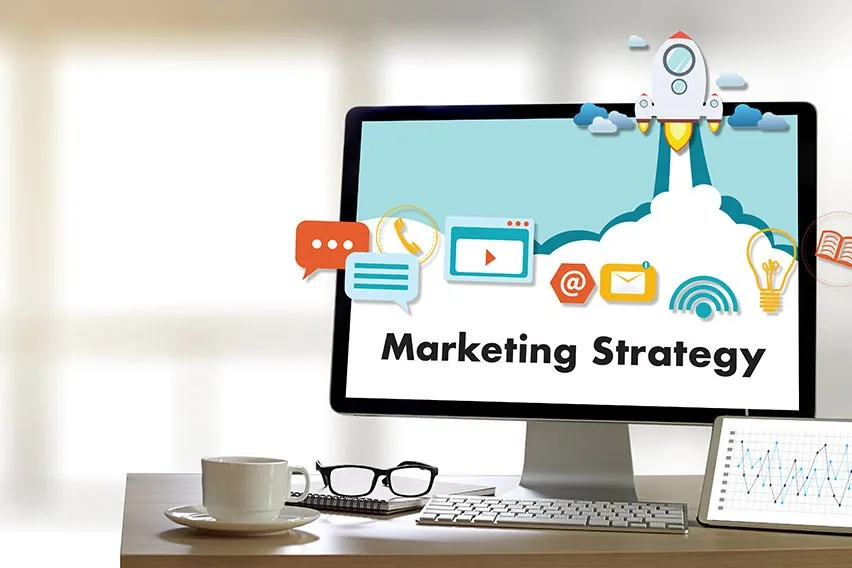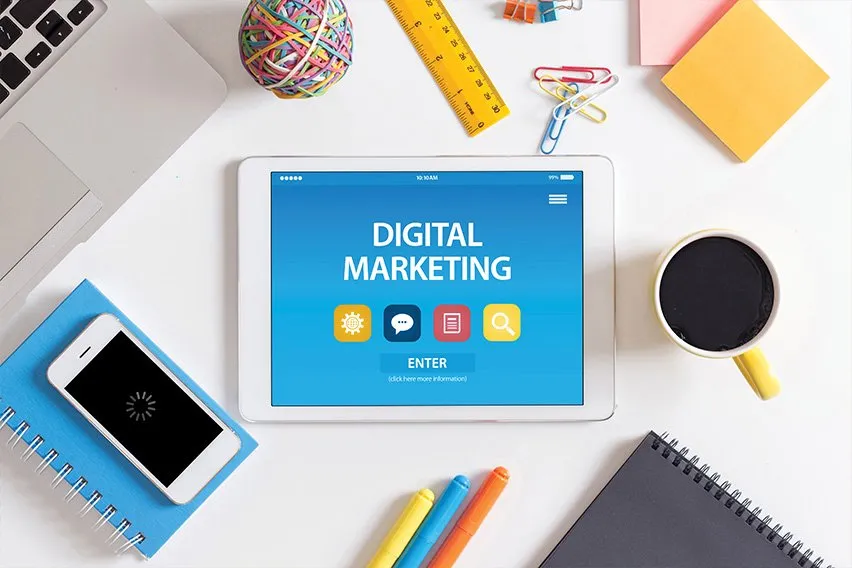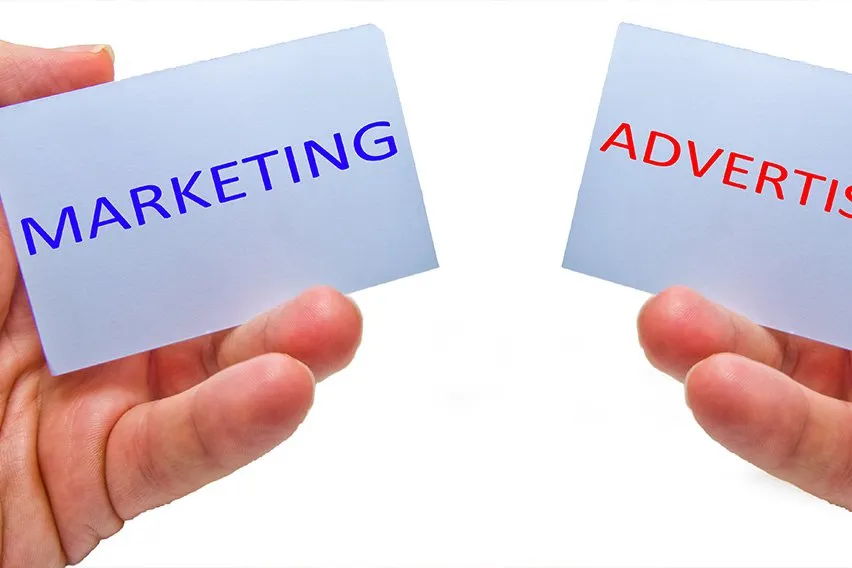9 Small Business Marketing Strategies on a Tight Budget

Small business marketing strategies can help you identify and reach prospects, even when you have limited time and a shoestring budget. The key is to identify marketing tactics that are low cost and provide a good return on investment.
For small business owners, it may be useful to lay out these solutions in the form of a marketing plan. This will help you create, schedule, evaluate and measure your marketing strategies. A well-rounded marketing plan includes marketing goals, a description of your products and services, market research, customer information and the details of the marketing strategies.
What this article covers:
- 9 Small Business Marketing Ideas
- Best Small Business Marketing Strategies
- Small Business Marketing on Social Media
9 Small Business Marketing Ideas
Website
Every small business needs a website which can be accessed by prospects searching for the products and services in your area. A poorly designed website which is not user-friendly, hard to navigate and not logically laid out can be a nightmare for small business owners.
While designing the website, ensure the business information is clear and accessible, including your location, hours and contact information. The website should include basic information about products and services along with customer testimonials, a blog and a FAQs page.

Social Media
If your customers are on social media, so should you. Regardless of its size and industry, small business marketing on social media is valuable for any business, at each stage of the sales funnel. Social media sites such as Facebook, Twitter, LinkedIn, YouTube and Instagram target and delight customers, thus generating demand, improving sales and activating customer influencers.
Social media helps you maintain and build relationships with existing customers. By being responsive, funny and interesting, businesses can improve brand advocacy, increase brand awareness, generate sales and leads and support customers.
Business Collaborations
One way to rapidly grow your brand is to seek out strategic partnerships with like-minded larger businesses – particularly those that share commonalities and target markets, but which are not direct competitors.
This allows you to take advantage of an existing consumer base, as well as valuable resources and marketing channels that have already been put in place. These partnerships are also sources of referrals from partners.
Online Advertising
While online advertising on paid platforms may be expensive as compared to other marketing options, they can be a powerful marketing tool for small businesses that want to reach the maximum number of potential customers in a short time.
For example, by using Google AdWords, you can target hundreds of prospects searching for your products and services on Google every day.
Apart from Google AdWords, you can use Facebook ads to target a specific group of people on Facebook. This allows you to target customers based on their age, gender, likes and dislikes.
Content Marketing
By creating valuable and relevant content, small businesses can gain visibility, improve brand awareness, gain competitive advantage, boost website traffic and drive leads/conversions. Content marketing gives small businesses an edge over large businesses with bigger marketing budgets by positioning them as a thought leader in the minds of customers and competitors.
Deals and Coupons
Customers like to save money. Small business promotion tactics such as giveaways, free samples, flash sales, deals and coupons are a good way for small businesses to attract new customers and make the customer believe that they are scooping up a great deal.
Before announcing the promotions, businesses need to consider the type of promotion they want to run, why they’re running it, the reason behind using sales promotions and the impact on the profit margins.
Email Marketing
Regardless of the size of the business or the industry, marketers across the board turn to email marketing to get the highest return on their marketing dollars. It allows small businesses to stay in touch with current customers and turn potential customers into customers for the business.
Email marketing is a cost-effective solution that allows you to directly reach customers and sales prospects with personalized and targeted messages.
Referral Programs
Referral marketing, also known as word-of-mouth marketing, is one of the most effective marketing strategies for small business. It’s basically people who buy products and services because someone they trust recommends it to them. Loyal customers and brand advocates can contact their referrals through email, unique codes and links and social media channels.
Usually, businesses offer some kind of incentive for successful referrals, whether it is in the form of a gift, money-back, store credit, discounts etc.
Influencer Marketing
Using micro-influencers for small business marketing helps in driving engagement, which in turn translates to better ROI, deeper bonds and retention.
There has been a drastic shift in influencer marketing which is no longer dominated by celebrities and socialites who have been paid to promote the product.
The focus has shifted towards micro-influencers who are passionate and genuine content creators with a significant following on their social accounts. The influencers not only produce meaningful content but also personally engage with their audience. Small businesses connect with customers who already use and love their products or services and enlist them to do their marketing for them.

Best Small Business Marketing Strategies
The goal of marketing is to connect with customers. To do this, small businesses can implement various strategies. Here are some of the best marketing strategies for small businesses.
- Define your immediate and long-term marketing goal, whether it’s improving brand awareness, extending reach or maximizing local exposure
- Spend some of your valuable marketing budget on paid online marketing including paid search ads, display ads and social ads
- Analyze and improve your website using SEO
- Start blogging regularly
- Use Google My Business
- Draw customers to your business and grow your email list using webinars
- Host an event, invite your community to an open house or lunch and learn session.
- Train your employees so they know about the products and services inside out
Small Business Marketing on Social Media
When you invest in social media marketing, your business will see increased traffic, better brand awareness and healthier customer satisfaction. Here are some tips for building a strategic social media presence for your small business.
- Start with listing three important social media objectives
- Create an editorial calendar and use a scheduling tool such as Hootsuite to schedule posts
- Create posts that are useful and relevant to your target customers
- Create original video content
- Always respond to comments and questions
- Convey your brand persona and inject some personality to your messages
With the right mix of small business marketing strategies, you can identify and focus on the most effective tactics for your small business.
RELATED ARTICLES
 How Much Should I Pay My Employees?
How Much Should I Pay My Employees? How to Prepare Annual Report for Your Small Business
How to Prepare Annual Report for Your Small Business How to Measure Business Performance in 3 Steps
How to Measure Business Performance in 3 Steps Digital Marketing for Small Businesses: the Top 5 Channels & Methods Critical for Success
Digital Marketing for Small Businesses: the Top 5 Channels & Methods Critical for Success 7 Types of Advertising to Promote Your Small Business Effectively
7 Types of Advertising to Promote Your Small Business Effectively The Difference Between Marketing and Advertising: Why Your Small Business Needs Both
The Difference Between Marketing and Advertising: Why Your Small Business Needs Both